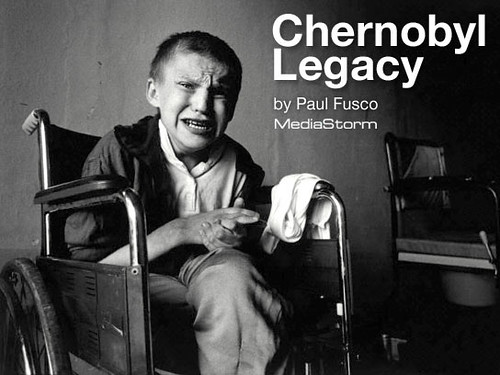India’s Cruel Torture Bill
Statistics
1. Every year number of custodial deaths increase considerably.
2. From 1994-2008; 16,886 custodial deaths were recorded.
3. In 2007-08; 188 and 1789 people died in police and judicial custody respectively.
Definition of Torture
Article 1 of United Nations Convention against torture, 1984 defines torture as:-
Any act by which public officials intentionally inflict severe pain or suffering ( physical or mental) to a person for fullfiling certain purposes like seeking information or a confession, punishment, intimidation or discrimination of the victim.
Indian Position
India signed the UN Convention against torture in 1997 but did not ratify it. Ratification is a process through which countries implement an international convention through a domestic legislation. The government recently decided to table Prevention of Torture Bill 2010 to address the issue. However the bill stands flawed on various grounds.
Definition
The Bill defines torture in a limited sense. It states that if a public official intentionally does an act to seek information or confession from a person by inflicting
(i) grievous hurt to any person; or
(ii) danger to life, limb or health (whether mental or physical) of any person it would amount to torture.
Hence if a harm is inflicted on a person intentionally by a public official to seek information only then it would constitute torture.
The definition not only ignores other purposes of torture like punishment and intimidation but also makes infliction of grievous hurt or danger to life a necessary condition. Nevertheless, torture sometimes include abuses like sleep and food deprivation, forceful positions and exposure to intense and continuous noise which are outside the ambit of physical harm or danger.
Further, Section 4 states that intentional infliction of grievous hurt must be coupled with animosity against a group in order to establish the crime of torture. Thus, if a public official inflicts grievous hurt on a person to extract information he would not be liable unless it is proved that he had animosity against a group or community to which the person belonged.
Defects :-
Section 6 states that a prior government sanction is required in order to prosecute a government servant. The section leaves wide scope for partiality and manipulation. A government may be biased towards its own employee. Also, it would be difficult for the victims to obtain such sanctions.
Moreover the limitation clause in Section 5 states that a complaint must be registered within 6 months of alleged torture but fails to recognize that sometimes the victims are subjected to prolonged torture which may last more than the specified period.
There is no provision with regard to self- incrimination. The bill remains silent on the scheme of compensation and thus relies on courts to decide the amount of compensation is such cases. No appropriate review mechanisms to check interrogation practices are established under the bill. There is no provision to provide immediate legal help to those who have been arrested.
The convention states that no country must extradite a prisoner to another nation which has harsher laws than that prevalent in it. The bill fails to recognize this clause of the convention and remains silent on the issue.
Recommendations
1. The definition of torture must be revised to include other purposes of torture like intimidation, coercion, punishment or discrimination.
2. Compensation Schemes must be enumerated in the bill.
3. Proper review mechanisms for interrogation must be established.
4.Clauses like procurement of prior governmental sanction and limited time period to file complaints must be removed.
5 A prohibition on the expulsion, return or extradition of persons to States where there are substantial grounds to believe those persons will face torture or cruel, inhuman or degrading treatment must be added.
6. Immediate legal aid must be provided to the arrested.
7. Other forms of torture which may not necessarily be physical in nature must be included in the definition.
Conclusion
It is unfortunate that after lapse of 13 years the government has come up with an inefficient piece of legislation which doesn’t even recognize the International Convention which was signed by India. The restrictive clauses in the bill would help the perpetrators rather than assisting the victims. The bill must be reviewed carefully and necessary changes must be incorporated.
In the present form the bill is a license to torture rather than a prohibition to inflict harm.
Read more






